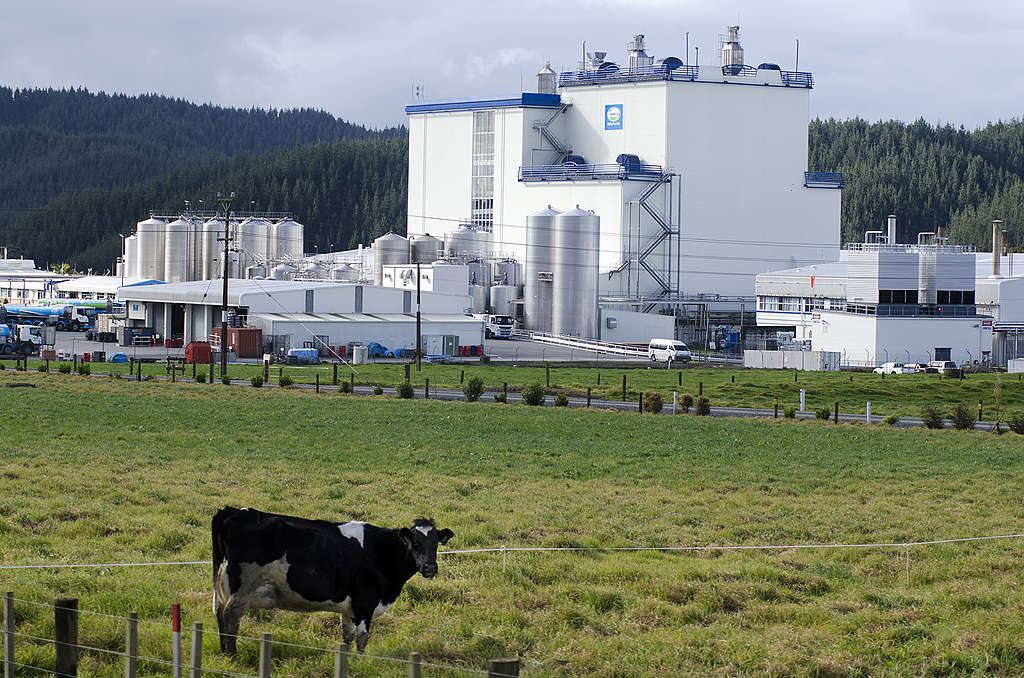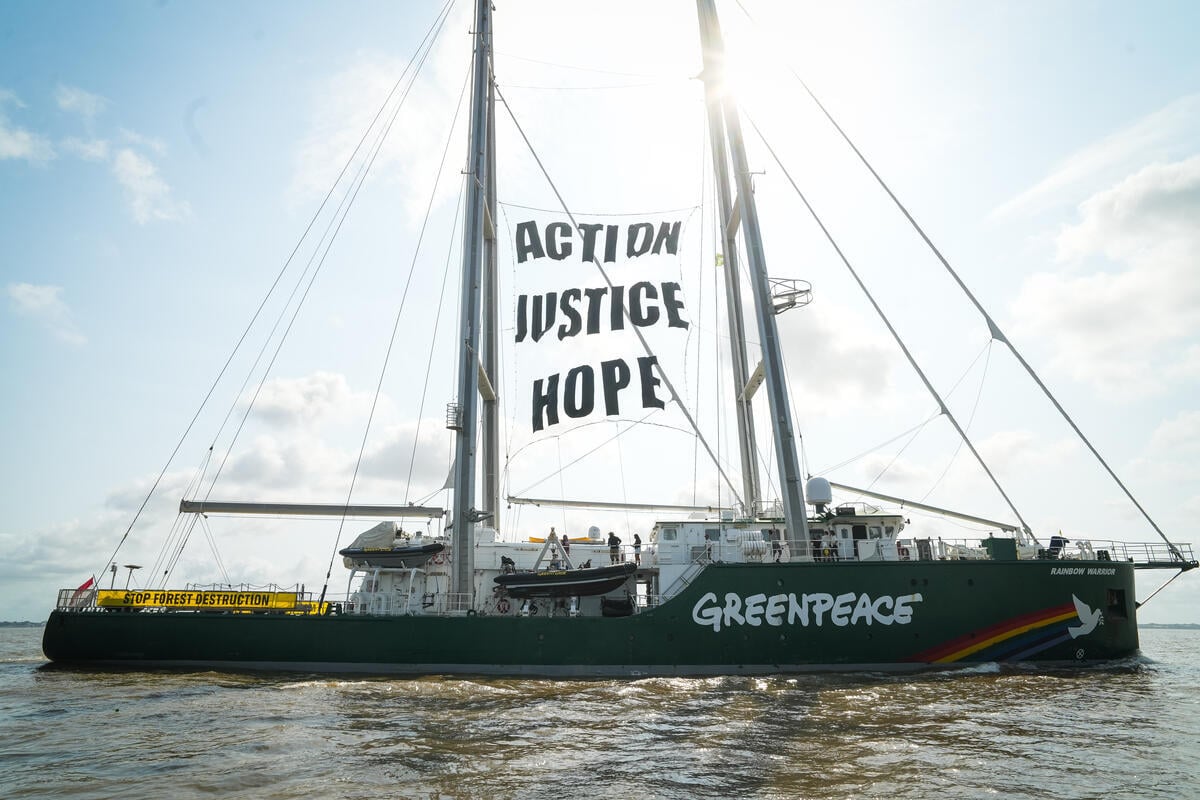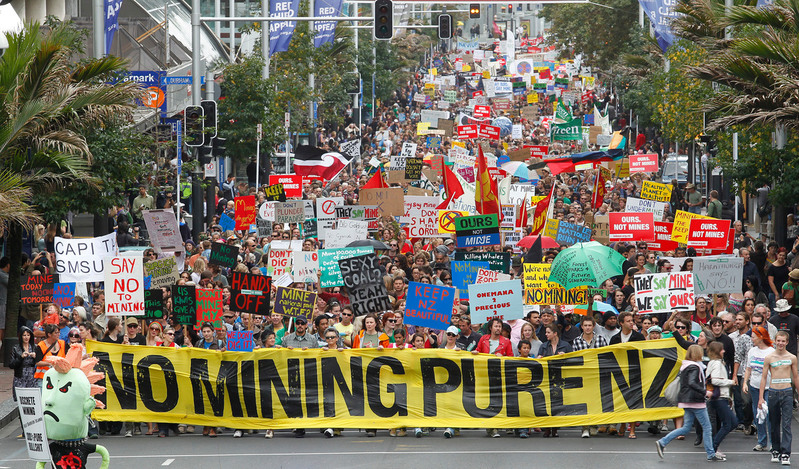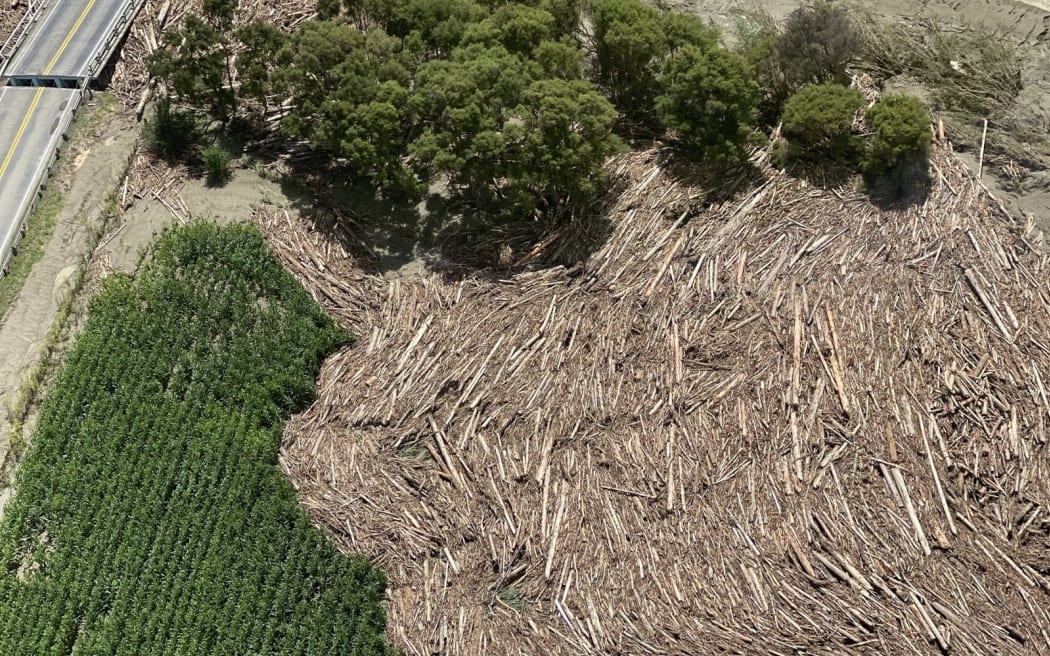On Friday thousands of us around Aotearoa, and around the world, marched for climate action and climate justice. The turnout in Auckland – Tāmaki Makaurau was really inspiring, as was the passionate commitment of the young people organising and leading us.
I took to the streets to push the government to cut emissions, especially on intensive dairy, and I was personally extra motivated by the events of the last few weeks.
I was marching for my West Auckland community that has already been flooded three times this year. I was marching for my community which has suffered from landslides and the death of volunteer firefighters. I was marching after seeing the devastation to the East Coast – Tairāwhiti and Hawkes Bay, to homes and communities. I was marching for animals, species and ecosystems impacted and threatened by climate change. I was marching because the Government hasn’t taken action to reduce this country’s emissions – which continue to grow, even when they told us climate change was one of their biggest priorities. I was marching because under the new Prime Minister, climate change and the environment seems to have dropped down the priority list for this Government.
In Auckland we stopped outside Mobil, Fonterra and Air New Zealand buildings. Some people may ask, why Fonterra? Why specifically target the climate pollution of the dairy industry?
It’s because, as many more people are understanding, Fonterra is New Zealand’s biggest climate polluter. Dairy cattle produce a quarter of the country’s climate warming greenhouse gas emissions, and most of this is the superheating gas, methane. Fonterra alone produced almost a fifth of New Zealand’s total greenhouse gas emissions last year.
We call methane ‘superheating’ because it’s an intense climate pollutant, over 80 times worse than CO2 over a 20-year period. Just one tonne of the gas has the same impact on climate change as 265 tonnes of carbon dioxide.
Dairy lobbyists argue that because it’s a short-lived gas, methane’s ok. But that’s ignoring the damage it’s causing right now. New Zealand intensive dairy farming is emitting millions of tonnes of methane that speeds up global warming – it’s like turning a blow torch to an already overheating planet.
By adding superheating methane the intensive dairy industry risks pushing over a climate domino that tips over more dominoes. In a worst case scenario it could cause a cascading chain reaction of disasters.
The graph above shows the possible pathways ahead – the red area shows the historical emissions before 2020. The different blue lines show what a difference it will make if we can reduce methane emissions.
Note the rate that emissions increased after around 1990 – that’s when dairy intensified, the dairy herd doubled, and synthetic nitrogen fertiliser use went up 700x.
The Zero Carbon Act says we should reduce methane emissions by 10% by 2030, and 24-47% by 2050. So far we are nowhere near reaching those goals, so the 47% figure may seem ambitious. But the graph shows me how essential it is to reduce dairy methane emissions right now to cool the climate.
Cutting methane is one of the most effective ways to keep global heating to no more than 1.5 degrees, as we’ve committed to internationally. It can mean the difference we make to avoiding the next climate domino from falling.
Because most of the country’s methane emissions come from intensive dairy, that’s where reductions must start. And that will be good for the rest of nature too.
By reducing methane emissions now we’ll help play our part in local and global reductions, as work is done in other sectors to reduce longer-lasting carbon dioxide.
New Zealand can, and should significantly turn down the warming from methane emissions with the right political will. At the moment, that political ambition is missing. We need to change that, to return climate to the top of the political agenda, because life depends on it.
We need to take action to show our elected representatives we can’t wait any longer, and Friday’s marches were just the start.
I’m sure you agree, climate action is urgent and necessary – and it’s possible. By working to mitigate now, there’s less need for, and a better chance for successful adaptation in the future.

Join our call on the Government to go further than the Climate Commission’s inadequate recommendations and cut climate pollution from NZ’s biggest polluter: industrial dairying.
Take Action



